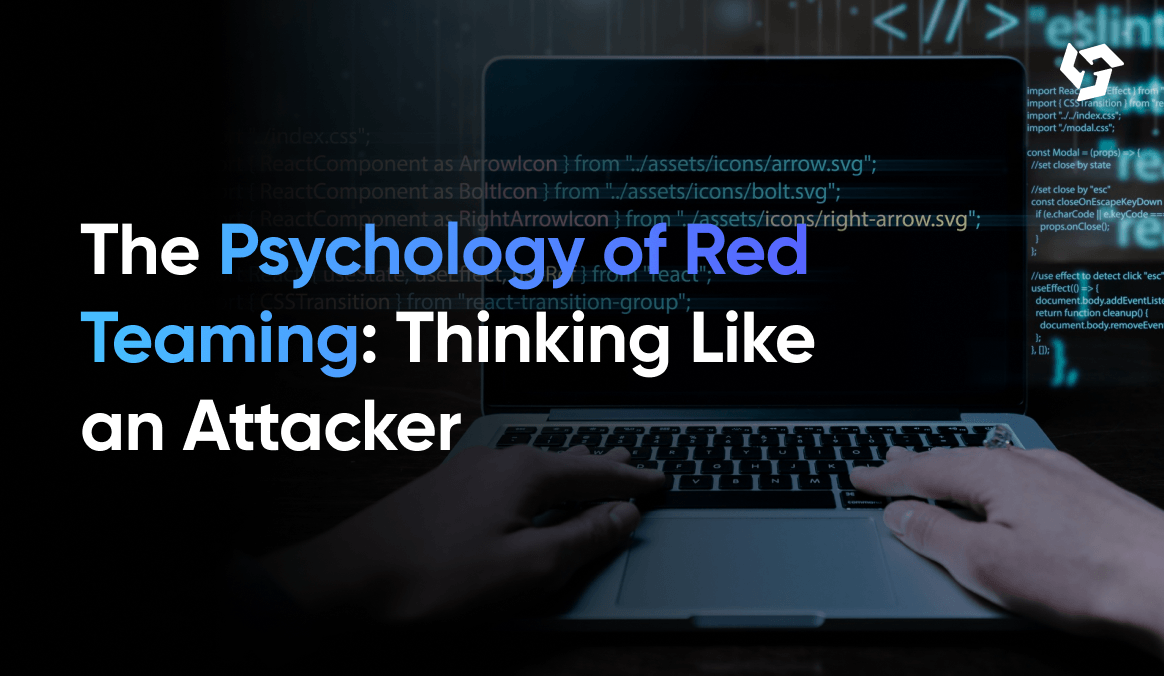The concept of Red Teaming pertains to a strategic excerise where a team of experts assumes the role of an attackers to assess and test an organization’s defenses, strategies, and plans.Imagine being a detective inside people’s minds. To do this, you need to be really good at coming up with smart solutions and thinking outside the box. You also have to understand why someone might want to break the rules.
Understanding the psychological aspects behind Red Teaming is crucial for both the Red Team and the organization undergoing assessment.
Here are some key aspects of the psychology of Red Teaming:
- Critical Thinking and Creativity: Red Team members must possess strong critical thinking abilities and the capacity to think creatively. They need to approach challenges and issues from unconventional angles to simulate the tactics employed by real-world adversaries. This necessitates creative thinking and the capability to generate unexpected scenarios and solutions.
- Empathy: In order to effectively simulate an adversary, Red Team members must grasp the mindset, motivations, and objectives of potential attackers. This involves adopting the perspective of malicious actors and considering how they might exploit vulnerabilities or weaknesses.
- Adversarial Mindset: Red Team members need to adopt an adversarial mindset, which means assuming the role of an attacker who is determined to achieve their goals, whether that involves breaching security systems, compromising data, or disrupting operations. This mindset is crucial for identifying weaknesses that might be overlooked by individuals with a defensive mindset.
- Psychological Manipulation: Red Team members often employ psychological tactics to manipulate individuals within the organization. This can include social engineering techniques, such as phishing emails or pretexting, to gain access to sensitive information or systems. Understanding human psychology and behavior is essential for the success of Red Teaming.
- Research and Reconnaissance: Red Teamers dedicate time to researching the target organization, its personnel, technology, and infrastructure. This research enables them to tailor their attack strategies and tactics to exploit specific vulnerabilities.
- Risk Assessment: Red Team members must evaluate the risks associated with their actions and decisions. They must strike a balance between their aggressiveness in probing for weaknesses and the potential impact on the organization’s operations and reputation.
- Communication: Effective communication is vital for Red Team members to convey their findings and recommendations to the organization’s leadership. They should be capable of explaining complex technical issues in a manner that non-technical stakeholders can comprehend and act upon.
- Ethical Considerations: Red Teamers must always operate within ethical boundaries. While their role is to simulate attacks, they should never engage in illegal or harmful activities. Ethical awareness is critical to ensure the safety and integrity of the Red Teaming process.
- Continuous Learning: The realm of cybersecurity and Red Teaming is constantly evolving. Red Team members must stay updated on the latest attack techniques, security technologies, and best practices to remain effective in their role.
In summary, comprehending the psychology of Red Teaming entails adopting an adversarial mindset, comprehending human behavior, and using creativity and critical thinking to identify vulnerabilities and weaknesses. It is a multifaceted discipline that demands a profound understanding of both the technical and psychological aspects of security and threat assessment.
Appsecure’s ethical hackers are experts in this field. They bring a unique blend of technical prowess and psychological insight to Red Teaming. With their highly specialized skills, they excel at simulating real-world adversarial scenarios, pinpointing vulnerabilities, and helping organizations fortify their defenses. Appsecure’s ethical hackers ensure that their Red Team assessments are not only comprehensive and effective but also conducted within the ethical boundaries, safeguarding the security and integrity of their clients’ systems and data. This expertise ensures that organizations can proactively address potential threats and enhance their overall security posture.




